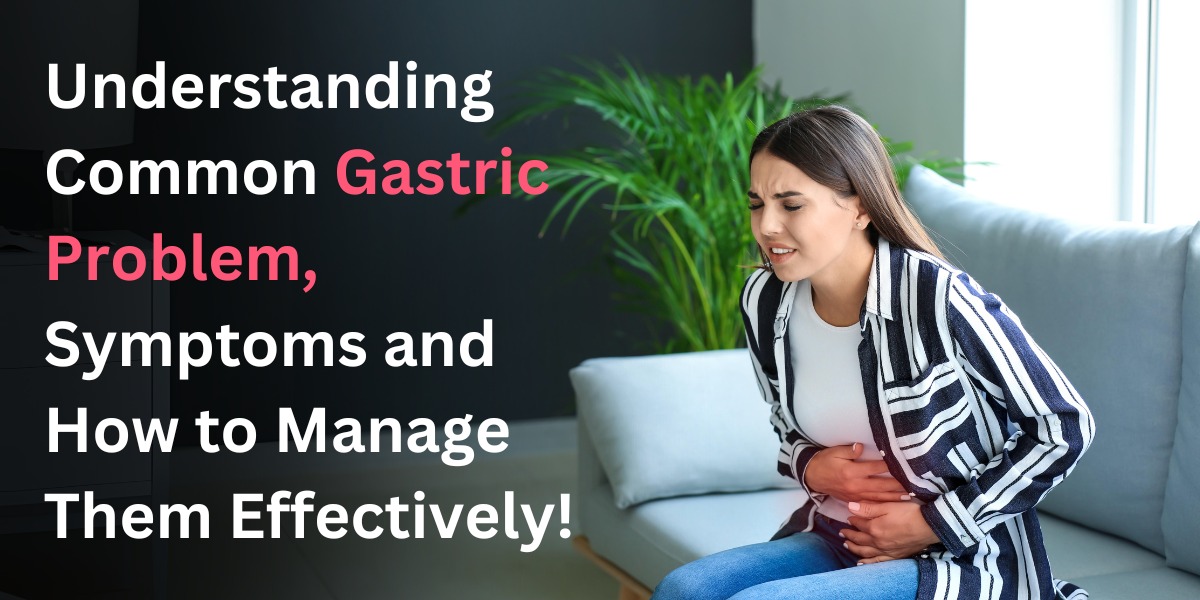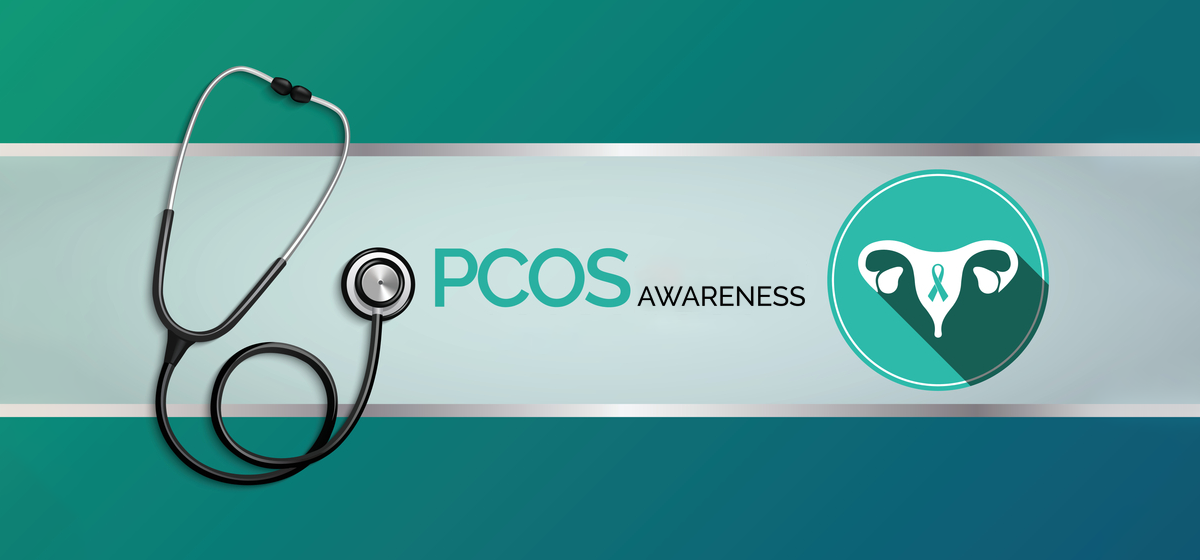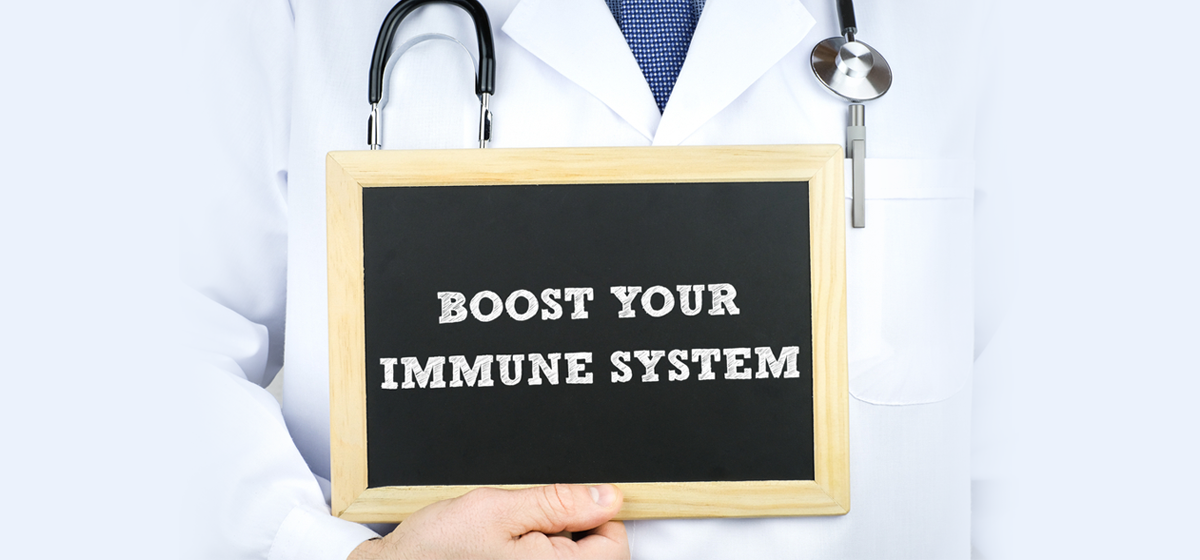Introduction
Gastric problems are common and can affect anyone at any age. Understanding the symptoms associated with gastric issues is crucial for early detection and management. In this blog, we will explore the most common gastric problem symptoms and provide insights into how you can identify and address these issues effectively.
What Are Gastric Problems?
Gastric problems, also known as digestive or stomach issues, refer to any discomfort or irregularity in the digestive system. These problems can range from mild to severe and can be triggered by various factors such as diet, lifestyle, stress, or underlying medical conditions. Recognizing the gastric problem symptoms is the first step towards finding the right treatment and improving your digestive health.
At Frankross Pharmacy, we offer a wide range of medications and supplements designed to relieve gastric discomfort, from antacids and probiotics to herbal remedies for soothing digestion.
Common Symptoms of Gastric Problems
Bloating and Gas: One of the most common gastric problem symptoms is excessive bloating and gas. This occurs when the digestive system is unable to process certain foods, leading to the buildup of gas in the stomach.
Heartburn: Heartburn, characterized by a burning sensation in the chest, is often a sign of acid reflux. This symptom occurs when stomach acid flows back into the esophagus, causing discomfort and irritation.
Indigestion: Indigestion, or dyspepsia, is a general term for discomfort in the upper abdomen. Symptoms include pain, a feeling of fullness, and nausea after eating.
Abdominal Pain: Persistent or severe abdominal pain is a key indicator of a gastric problem. This pain can vary in intensity and may be accompanied by other symptoms such as nausea or vomiting.
Nausea and Vomiting: Feeling nauseous or vomiting can be a direct result of a gastric problem. These symptoms may occur after eating certain foods or as a reaction to digestive discomfort.
Diarrhea or Constipation: Both diarrhea and constipation are signs that your digestive system is not functioning properly. These symptoms can be caused by an imbalance in gut bacteria, food intolerances, or other underlying conditions.
Loss of Appetite: A decrease in appetite can be a symptom of a gastric problem. This may be due to the discomfort and pain associated with digestive issues, leading to a reduced desire to eat.
When to See a Doctor
While many gastric problem symptoms can be managed with over-the-counter medications and lifestyle changes, it’s important to consult a healthcare provider if symptoms persist or worsen. Chronic gastric problems may indicate a more serious condition that requires medical attention.
Tips for Managing Gastric Problems
Maintain a Healthy Diet: Avoid foods that trigger your symptoms and focus on a balanced diet rich in fiber, fruits, and vegetables.
Drinking sufficient water aids digestion and helps prevent constipation.
Exercise Regularly: Physical activity can improve digestion and reduce stress, which is often a contributor to gastric problems.
Avoid Stress: Stress management techniques such as meditation, yoga, and deep breathing exercises can help reduce the frequency and severity of gastric symptoms.
Conclusion
Recognizing the gastric problem symptoms is essential for maintaining good digestive health. By understanding these common symptoms and taking proactive steps to manage them, you can prevent more serious health issues and enjoy a healthier life. If you experience persistent or severe symptoms, don’t hesitate to seek medical advice.





